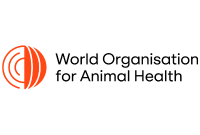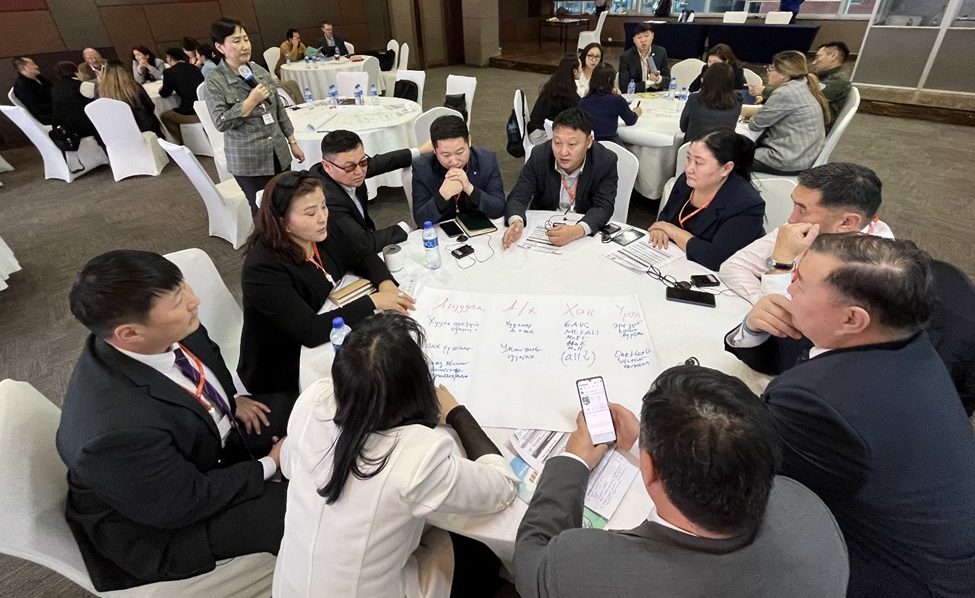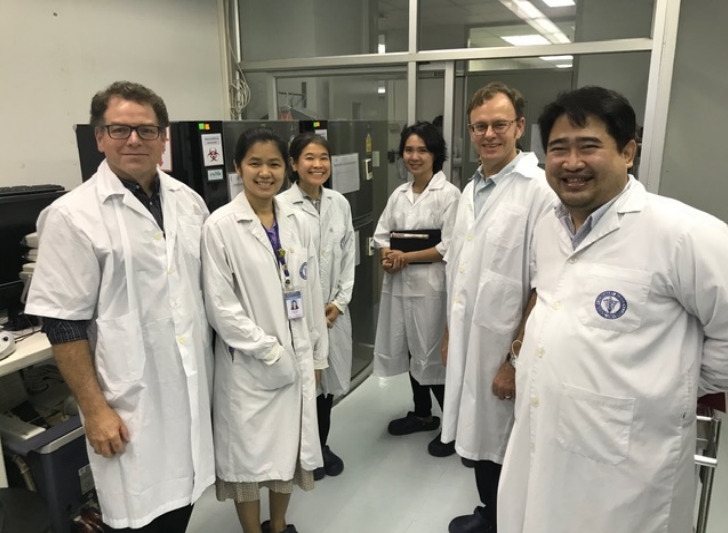World Organisation for Animal Health
The World Organisation for Animal Health (WOAH, founded as OIE) considers disease surveillance in wild animals—including both terrestrial and aquatic species—to be just as important as surveillance in domestic animals. Pathogens in wild animals are important to domestic animal health, to trade in animals and animal products, to human health and to wild animal populations themselves, which often have very high economic, social and cultural value. Surveillance especially at the interface of human-animal-ecosystems has become necessary given the increasing interaction between species and the threat it poses to emergence of novel infectious diseases.
The Asia and Pacific region has rich aquatic and terrestrial fauna, with many biodiversity hotspots. Wildlife are an important resource and veterinarians play a key role in helping to maintain wildlife health. Recently, emerging zoonoses such as Nipah virus and important transboundary animal diseases such as African swine fever have emphasised the importance of wildlife disease surveillance. WOAH supports networking of key stakeholders in wildlife health and sharing of wildlife disease information.
Many of the chapters in the Terrestrial Animal Health Code and the Aquatic Animal Health Code deal with wildlife, partly or entirely. Further information about WOAH’s work on wildlife is available on the global WOAH website Wildlife page.
An appointed Delegate in each Member country nominates a National Focal Point on Wildlife. This contact point supports the Delegate in tasks relating to wildlife. WOAH also provides capacity building with training cycles for Focal Points. The most recent cycle (6th Training Cycle) for the Asia and Pacific region was held in February 2023.
The Working Group on Wildlife was founded in 1994, to advise WOAH on health problems relating to wild animals (whether in the wild or in captivity).
The World Animal Health Information System (WAHIS) is used for reporting of WOAH listed diseases affecting animals including wildlife. Additionally, Members can report non WOAH-listed diseases affecting wild animals.
Several animal species have demonstrated susceptibility to the SARS-CoV-2 virus through experimental infection, and in natural settings when in contact with infected humans. More information about SARS-CoV-2 in animals and the work of WOAH can be found on the global website COVID-19 page.
Survey: risk analysis of spillover events in wildlife in Asia
Wildlife Health Networks in Asia and the Pacific
Good Practices in Wildlife Health in Asia and the Pacific Region
Nature4Health project participants at the Kick-Off Workshop (7 Dec 2023). Photo Credit: Lesa Thompson, WOAH
Nature 4 Health (N4H) is a global initiative, working nationally—through a multi-partner trust fund—to reduce health risks through environmental determinants.
WOAH was designated as lead implementer for an N4H project in Mongolia, working with key partners to facilitate the scoping phase of the project. This phase’s objectives are to plan and conduct a systemic inquiry that concludes with an Implementation Project Document detailing how N4H will reduce the risk of pandemics by employing preventative One Health approaches using systems methodologies.
Following are the workshops supported by WOAH thus far to realize these objectives.
Kick-off Workshop: Nature for Health (N4H) in Mongolia (7-8 Dec 2023)
Scoping Phase Workshop 2: N4H in Mongolia (29-30 Jan 2024)
Scoping Phase Workshop 3: N4H in Mongolia (27 Feb – 1 Mar 2024)
NWHC and CWHC team visiting the Monitoring and Surveillance Centers for Zoonotic Diseases in Wildlife and Exotic Animals (MoZWE) lab supporting Thailand-NWHC (Oct 2019). Photo Credit: Thailand-NWHC
A WOAH Twinning Project between the U.S. Geological Survey (USGS) National Wildlife Health Center (NWHC) and the Thailand National Wildlife Health Center (Thailand-NWHC) / Monitoring and Surveillance Center for Zoonotic Diseases in Wildlife and Exotic Animals (MoZWE) aimed to develop wildlife diagnostic and surveillance capacity for the Thailand-WHC/MoZWE.
WOAH Twinning Project between the U.S.A. and Thailand (Commenced Oct 2019)



